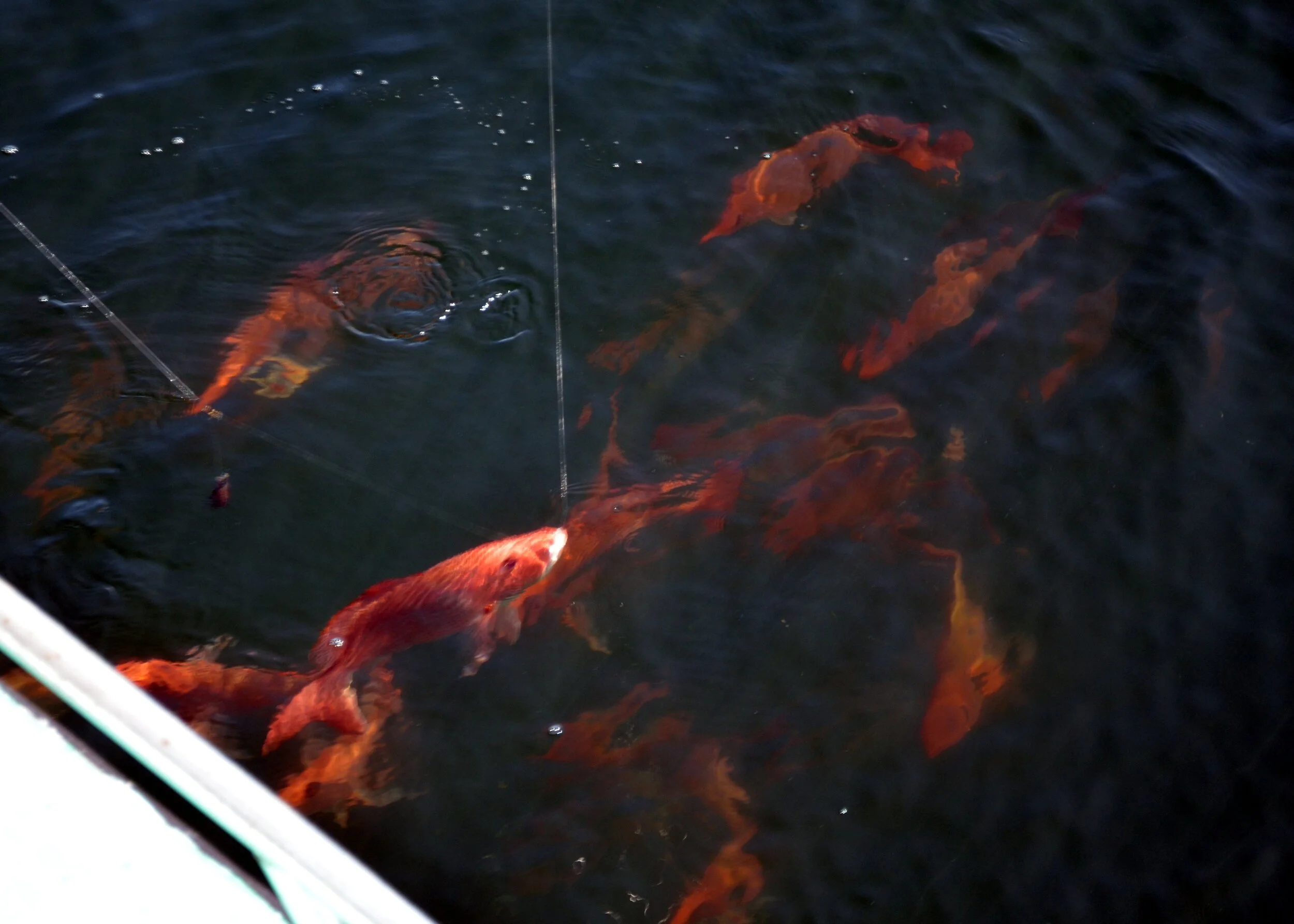Wildlife Watching Wednesday: The Rare Black Squirrel
By: Tom Berg
A black squirrel, in this case a melanistic gray squirrel, sits on the ground and nibbles on a snack.
Tom Berg
Everyone is familiar with squirrels. In certain areas, gray squirrels are the most common. In other areas it is the larger fox squirrel. There is another squirrel that you might see, however, and it is jet black. That’s right, a black squirrel.
Black squirrels are actually gray or fox squirrels that happen to have black fur. Black squirrels are a melanistic squirrel, just like a black wolf is a melanistic wolf and a black panther is a melanistic leopard or jaguar. Their black fur is caused by a rare gene mutation, and only about 1 in 10,000 squirrels are melanistic.
Black versions of gray squirrels have been found in both Illinois and Indiana, but they are pretty rare. They are more common further north, in Wisconsin, Michigan and even in Canada. They are also found in Iowa and Ohio. Black fox squirrels are predominantly found in the Southeastern United States. Black squirrels are said to be even more aggressive than other squirrels, and where they are plentiful, they may drive out the resident gray and fox squirrels.
Other than their aggressiveness, black squirrels act very much like regular squirrels. They climb trees, they eat nuts, berries and seeds, and they build leaf nests high up in the trees. Black squirrels are also the same size as normally colored counterparts, usually growing to about 10-11 inches long (not including the tail).
The dark fur of black squirrels has both advantages and disadvantages for the animal. Black fur helps them hide from predators in the dark forest areas they call home, and that’s a good thing. But that black fur can also be a hindrance in parks and exposed yards where there are open grassy areas and less trees. They stand out more there and can become easy targets for predators. The black fur can really help during the winter, though, as the dark fur helps them absorb more heat from the sun and stay a lot warmer.
So when you’re outdoors, keep your eyes peeled for the elusive black squirrel.



